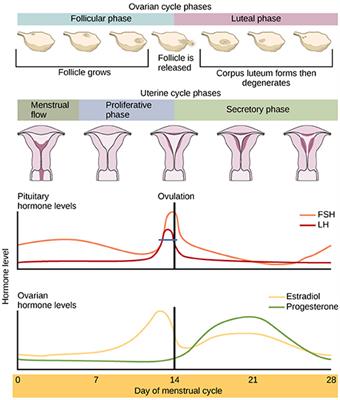BRIEF RESEARCH REPORT
Published on 29 Mar 2022
Sex as a Potential Moderator for Baclofen Response in the Treatment of Alcohol Dependence
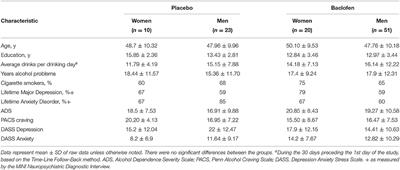
doi 10.3389/fgwh.2022.807269
- 2,095 views
- 5 citations
6,685
Total downloads
38k
Total views and downloads
BRIEF RESEARCH REPORT
Published on 29 Mar 2022

ORIGINAL RESEARCH
Published on 17 Feb 2022
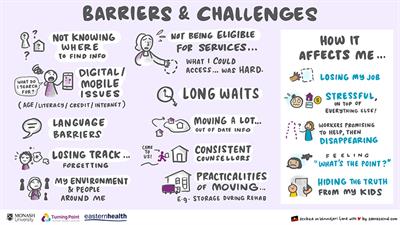
ORIGINAL RESEARCH
Published on 31 Jan 2022
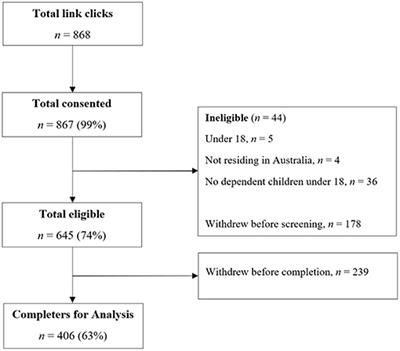
MINI REVIEW
Published on 09 Dec 2021
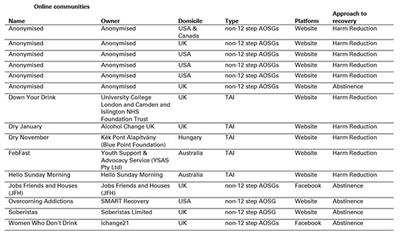
MINI REVIEW
Published on 08 Dec 2021
SYSTEMATIC REVIEW
Published on 12 Oct 2021
